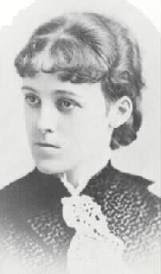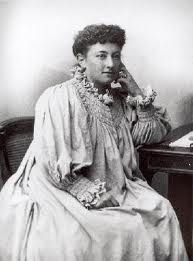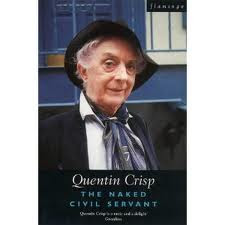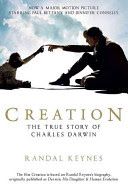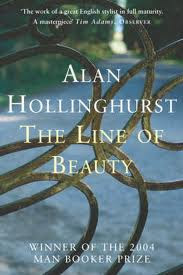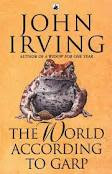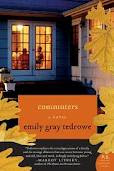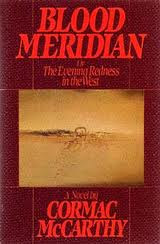
Good title, isn’t it? Also, it came highly recommended as one of the best books of 2012. THESE PEOPLE NEED TO SMOKE LESS CRACK.
Sensitive readers may be able to observe from the capitalized sentence that I may not have liked this book. Which I don’t. It involves this Jewish guy (and you will understand by the end of the sentence why I need to mention his ethnicity) who buys a nice farm house, and then finds Anne Frank in the attic. This sounds like it might be a funny set up, huh? WELL IT’S NOT. His middle class marriage is falling apart, and Anne Frank puts great pressure on it. Eventually in a useless way he loses his marriage and his job and dies in a fire. Richly deserved. This is book is possibly the apogee of that strand in contemporary fiction which uses a useless/purposeless/inadequate central character as a metaphor for the human condition. It’s depressing and annoying and more importantly makes for a boring book.
It’s also gratingly irritating that this very well-off middle class person feels that he is having a tough time due to the Holocaust. He’s immensely privileged, which truth he plays lip service to, and yet it never seems to penetrate his self-indulgent obsession with his great-grandparents experience. The part where I really lost my junk was where he asked:
“People in Holocaust books and movies were always worrying about their papers: getting them, not getting them, . . . What were papers anyway? Papers like what, like a passport?”
Also, and this is not entirely fair, he likes to go on and on about his gluten intolerance, an affliction which always annoys me anyway.
Reading back over these last two paragraphs I feel guilty about being so mean about this book. So let me mention some rather good parts. Here’s a reasonable definition about how I feel about god:
Kugel could never believe in God, but he could never not believe in him either; there should be a God, felt Kugel, even if there probably wasn’t
And on death:
Everyone shared the same final thought, and this was it: the bewildered, dumfounded statement of his own disappointing cause of death. Shark? Train? Really? I get hit by a train? Malaria? Fuck off. Malaria?

